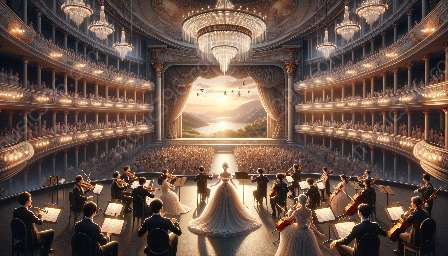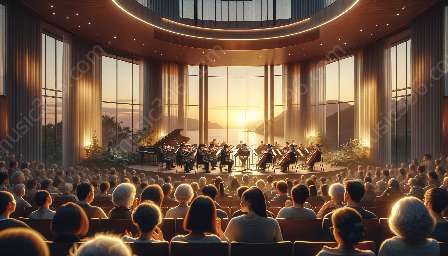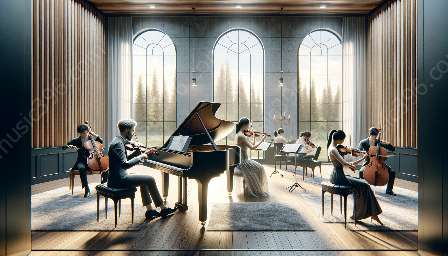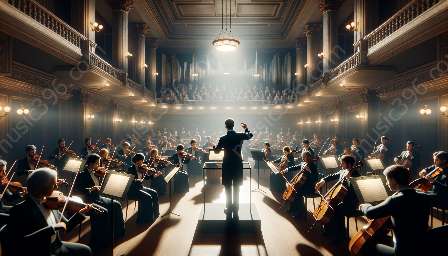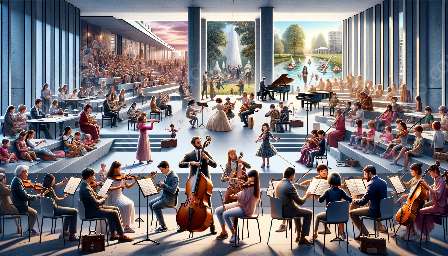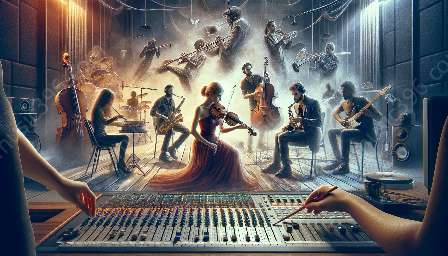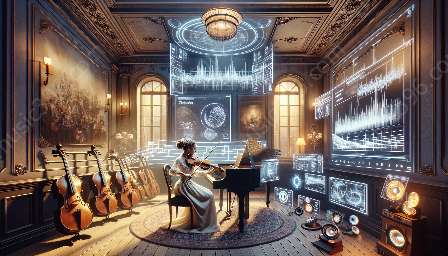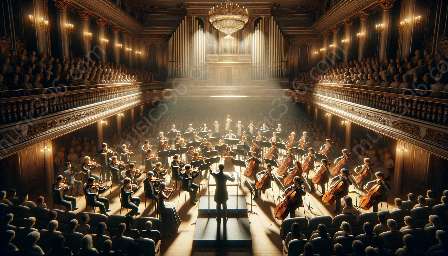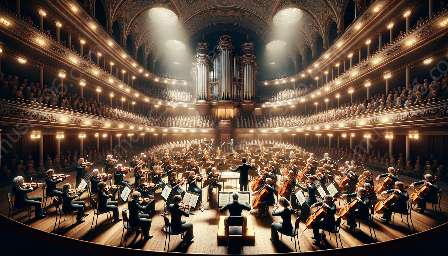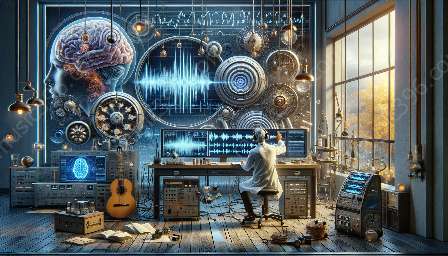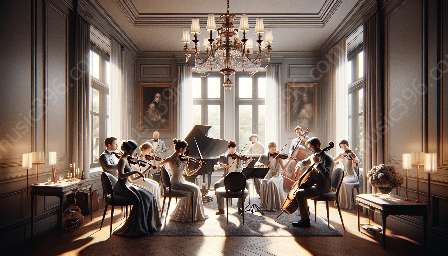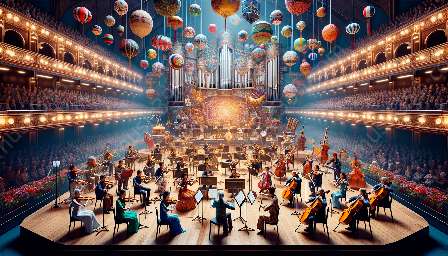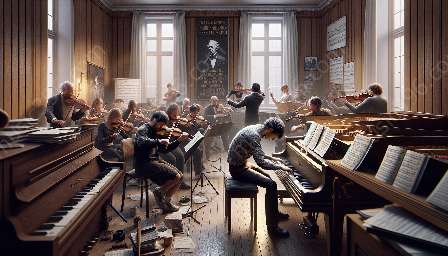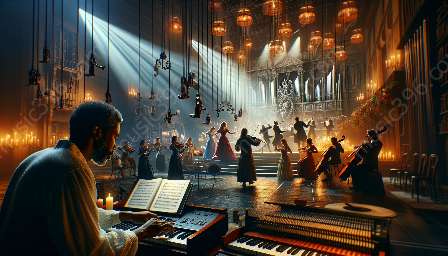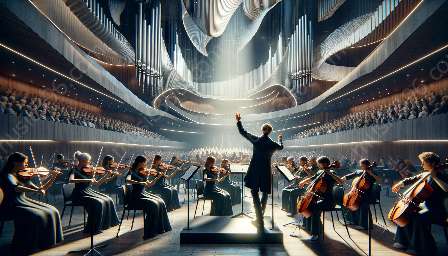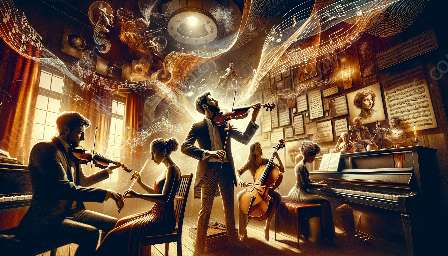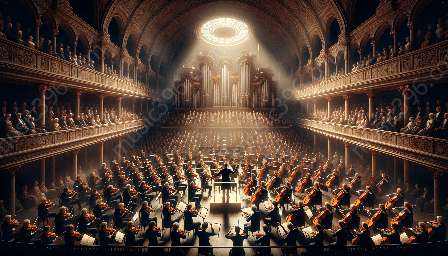Classical music has stood the test of time, captivating audiences across generations. With the rise of technological advancements, the emotional experience of classical music has been influenced in profound ways.
Technology and Access to Classical Music
Advancements in technology have revolutionized how we access and consume classical music. With streaming platforms, individuals have instant access to a vast library of classical compositions, enabling them to explore different eras, styles, and interpretations. This accessibility has broadened the emotional spectrum experienced through classical music, allowing listeners to immerse themselves in diverse emotional landscapes.
Enhanced Audio Quality and Emotional Immersion
Technological innovations have significantly improved the audio quality of classical music recordings. High-definition sound systems and advanced audio equipment provide an immersive listening experience, allowing the nuances and emotive depth of classical compositions to be fully appreciated. The heightened audio quality enhances the emotional impact of the music, creating a more captivating and transcendent experience for the listener.
Virtual Reality and Live Performances
Virtual reality (VR) technology has redefined the way audiences engage with classical music performances. Through VR, individuals can attend live concerts and experience the grandeur of orchestral performances from the comfort of their own homes. This technological advancement allows for a deeply emotive and interactive encounter with classical music, bridging the gap between the audience and the performers on a visceral level.
Collaborative Platforms and Emotional Connection
Technology has facilitated collaborative platforms that enable a global community of classical music enthusiasts to connect and share their emotional experiences. Social media, online forums, and digital communities provide a space for individuals to express their interpretations, emotions, and personal connections to classical compositions. This interconnectedness fosters a deeper emotional engagement with classical music, as listeners are able to explore the multifaceted impact of the art form.
Artificial Intelligence and Emotional Analysis
Artificial intelligence (AI) has emerged as a tool for analyzing and understanding the emotional nuances of classical music. AI algorithms can dissect and interpret the emotional complexities embedded within musical compositions, shedding light on the intricate interplay of musical elements and their impact on the listener's emotions. This technological application offers new insights into the emotional power of classical music, expanding our understanding of its capacity to evoke profound feelings.
Preservation and Accessibility of Classical Music
Technological advancements have played a pivotal role in preserving classical music for future generations. Digitization and archival efforts have safeguarded historical recordings, scores, and performances, ensuring that the emotional essence of classical music endures beyond temporal boundaries. The preservation of classical music through technology allows for the continual evocation of emotional responses across diverse cultural and temporal contexts.
Conclusion
Advancements in technology have profoundly influenced the emotional experience of classical music, expanding its accessibility, enhancing its audio quality, redefining live performance encounters, fostering emotional connections, analyzing its emotive impact, and preserving its timeless legacy. This harmonious intersection of technology and classical music continues to shape the emotional landscape through which audiences engage with this enduring art form.

